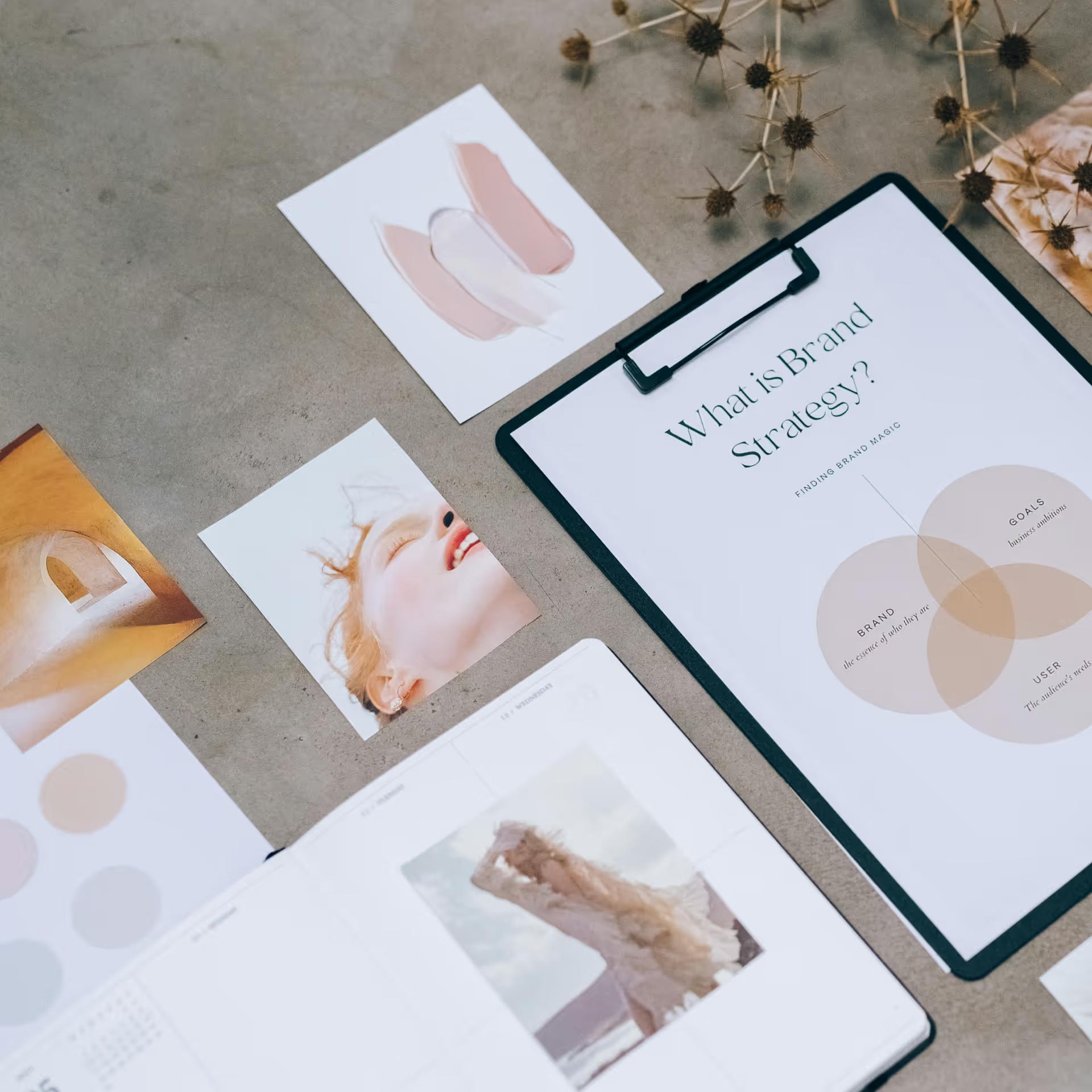Running a small business means making every marketing dollar count—and knowing where to spend it is half the battle. If you’re trying to get more customers online, Google Ads and Yelp Ads are two of the most popular pay-per-click (PPC) options out there. But how do you know which one is right for your business?
In this post, we’ll break down how each platform works, what types of businesses benefit most from each, and the pros and cons of using them. Whether you’re a local service provider, boutique owner, or restaurant, this guide will help you make the most informed decision possible.
What Are Google Ads?
Google Ads is Google’s advertising platform that lets businesses pay to show up in search results. When someone searches for something like “best electrician in Orange County” or “landscaping near me,” Google shows a few ads at the top of the page—those are Google Ads.
Google Ads operates on a pay-per-click model, meaning you’re charged only when someone clicks your ad.
Why Businesses Use Google Ads:
• Appear instantly at the top of Google search
• Target users who are actively searching for what you offer
• Control your budget and choose the exact keywords you want to rank for
What Are Yelp Ads?
Yelp Ads promote your business listing within the Yelp app and website. When users search for a service—like “plumber” or “dog groomer”—Yelp Ads place your business at the top of the search results and on competitor listings.
You’re typically billed per click, but Yelp counts a variety of clicks, like profile views, map views, or calls initiated via Yelp.
Why Businesses Use Yelp Ads:
• Great for service-based and local businesses with strong reviews
• Simple setup—Yelp handles the targeting
• Targets users already comparison shopping for services
Comparing Google Ads vs. Yelp Ads
Let’s take a closer look at each platform by key performance areas:
1. User Intent
Google Ads captures high-intent search traffic. People using Google are often in “ready to buy” mode—especially when searching for terms like “same day AC repair” or “book wedding florist.”
Yelp Ads reach users who are comparison shopping. These users are browsing multiple listings, reading reviews, and deciding who to contact. Intent is still high, but the conversion depends more on your reviews and profile.
✅ Winner: Google Ads for initial discovery and purchase-ready leads.
2. Audience Control & Targeting
With Google Ads, you can define exactly:
• Which keywords trigger your ad
• The locations you want to target
• The time of day your ads run
• The devices (desktop vs. mobile) you want to prioritize
With Yelp Ads, there’s far less control. Yelp decides who sees your ad based on category, location, and user behavior. You cannot select specific keywords or fine-tune targeting.
✅ Winner: Google Ads for control and precision.
3. Ease of Setup
Yelp Ads is extremely simple: you set a budget and Yelp does the rest. It’s more “hands-off” than Google Ads, which is ideal for business owners with no marketing experience.
Google Ads, while more powerful, can be overwhelming without help. Campaign setup involves keyword research, ad copywriting, bid strategies, and conversion tracking.
✅ Winner: Yelp Ads for ease of use.
✅ Winner: Google Ads if you’re working with a pro or agency.
4. Cost & Budget Flexibility
Google Ads can work with almost any budget—starting around $10–$15/day. You can also pause, adjust, or optimize campaigns based on performance. Costs per click vary by industry but are typically competitive.
Yelp Ads require a minimum spend (usually $150–$300/month) and their cost-per-click can be less transparent. Yelp doesn’t let you see exact keyword-level performance, which makes it harder to optimize.
✅ Winner: Google Ads for flexibility, control, and transparency.
5. Conversion Potential
Google Ads traffic lands on your website or landing page—where you control the experience, messaging, and lead capture tools.
Yelp Ads keep the user on the Yelp platform. If your Yelp profile is strong (great reviews, photos, service details), this can work in your favor. But if your profile is weak or outdated, leads will fall flat.
✅ Winner: Google Ads if you have a strong website.
✅ Winner: Yelp Ads if you have strong Yelp reviews and weak web presence.
Can I Use Both?
Absolutely. Many small business owners use a hybrid approach, especially if they have the budget. A strong strategy might look like this:
• Use Google Ads to drive high-intent traffic to your website and capture leads.
• Use Yelp Ads to stay top of mind on the Yelp platform and convert browsing users.
• Monitor performance on both platforms and shift budget accordingly.
So, Which One Should You Choose?
Choose Google Ads if:
• You want full control over targeting, keywords, and messaging
• You have a professional website that converts
• You want detailed reporting and optimization
Choose Yelp Ads if:
• You have great Yelp reviews and photos
• You don’t have a strong website or don’t want to manage campaigns
• You want a more hands-off, simple setup
Final Thoughts
There’s no universal winner—just the best choice for your business goals, budget, and resources.
If you have a solid website and want full control, Google Ads is the better long-term investment. If you’re just getting started or your Yelp profile is already strong, Yelp Ads can be a smart, low-effort way to get more visibility.
Want help deciding or managing your campaigns? Vacant Creative can help you set up high-performing ads on either (or both) platforms.







